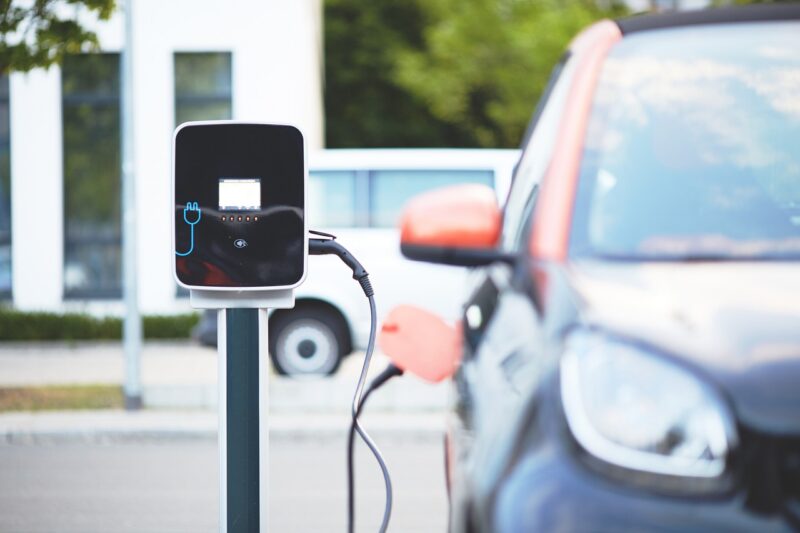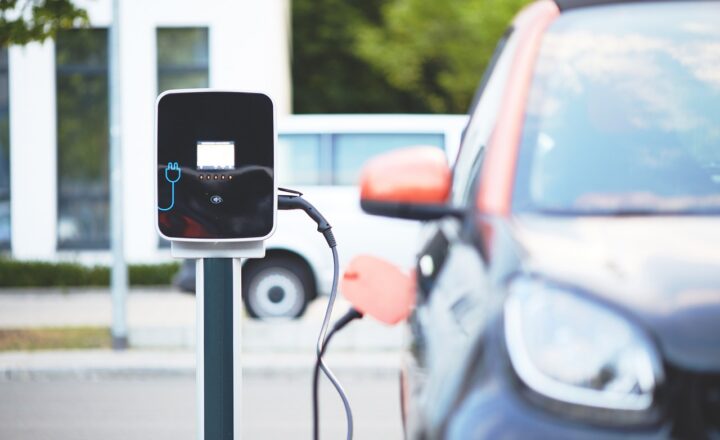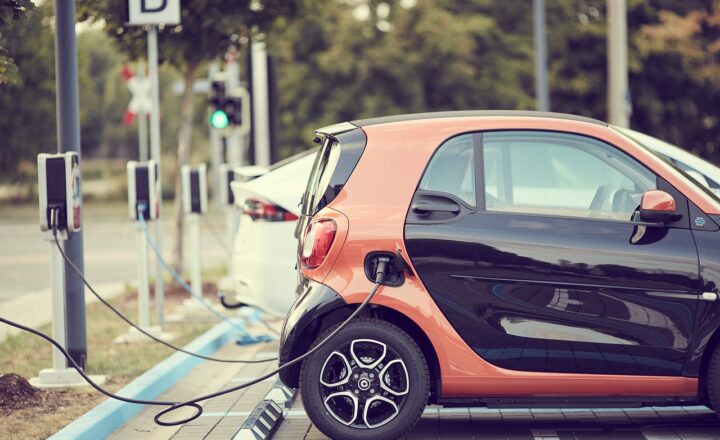How Electric Cars Are Redefining the Future of Transportation
November 15, 2024

Electric cars are not just a passing trend; they are reshaping our future in profound ways. As concerns about climate change and fossil fuel depletion rise, electric vehicles (EVs) have emerged as a viable solution to transform how we drive, live, and interact with our environment. This in-depth article explores the reasons behind the electric car revolution, its impacts on transportation, the environment, and the economy, along with insights into the future of mobility.
1. The Rise of Electric Vehicles
The growth of electric cars has been exponential over the last decade, thanks to technological advancements, increased awareness regarding environmental sustainability, and supportive government policies. Here are several key drivers fueling the surge in electric vehicle adoption:
- Advancements in Battery Technology: Significant improvements in lithium-ion battery technology have led to higher energy densities, faster charging times, and reduced costs, making electric cars more accessible to the average consumer.
- Government Incentives: Many governments offer tax credits, rebates, and grants to encourage citizens to choose electric vehicles, making them more financially attractive than traditional gasoline cars.
- Global Awareness of Climate Change: As the impact of fossil fuel combustion on climate change becomes increasingly evident, more drivers are choosing electric vehicles to minimize their carbon footprint.
- Improved Charging Infrastructure: The proliferation of public charging stations and the development of fast-charging technology have alleviated consumer concerns about range anxiety, making electric vehicle ownership more viable.
These factors combined have created a pivotal moment for transportation, with electric cars leading the way toward a more sustainable and efficient future.
2. Environmental Benefits of Electric Cars
The most compelling reason for switching to electric vehicles is the impact on the environment. Electric cars produce zero tailpipe emissions, reducing air pollution significantly. Here are some notable environmental benefits:
- Reduction in Greenhouse Gas Emissions: Electric vehicles are integral in reducing carbon dioxide and other greenhouse gases, particularly when charged via renewable energy sources such as solar or wind power.
- Less Noise Pollution: EVs operate much more quietly compared to traditional vehicles, which contributes to lower levels of noise pollution in urban areas.
- Conservation of Non-Renewable Resources: By reducing reliance on gasoline and diesel, electric cars conserve precious natural resources and encourage the development of renewable energy sources.
- Batteries as a Resource: The development of battery recycling technologies allows EV batteries to be repurposed, minimizing waste and creating secondary markets for used batteries.
By embracing electric vehicles, individuals can play an essential role in combatting climate change and preserving the planet for future generations.
3. Economic Impact of Electric Cars
The electric car revolution also brings significant economic benefits. While the initial purchase price of an electric vehicle might be higher than its gasoline counterpart, the long-term savings create a compelling case:
- Lower Fuel Costs: Charging an electric vehicle typically costs less per mile than gasoline, leading to substantial savings for drivers over time.
- Reduced Maintenance Costs: Electric vehicles have fewer moving parts and often feature regenerative braking systems, resulting in less frequent maintenance and repairs compared to conventional vehicles.
- Job Creation in New Industries: The growing electric vehicle market has spurred job creation in manufacturing, charging infrastructure, and renewable energy sectors, stimulating the economy and providing increased employment opportunities.
- Incentives for Innovation: Increased competition among car manufacturers to produce better batteries and vehicles encourages technological advancements, driving down costs and benefiting consumers.
These economic advantages make electric vehicles not just an eco-friendly choice, but also a sound financial investment.
4. The Future of Mobility with Electric Vehicles
Looking ahead, electric vehicles will play a crucial role in the broader landscape of urban mobility. Trends indicate that several innovations will emerge, influencing how people move around:
- Autonomous Vehicles: With advancements in artificial intelligence and machine learning, the future of electric cars may include self-driving capabilities, improving safety and convenience for users.
- Integration with Public Transport: Integrating electric vehicles with public transportation systems can streamline urban mobility, providing a seamless transit experience for users and reducing traffic congestion.
- Smart Charging Solutions: As smart grids develop, electric vehicles will be able to charge during off-peak hours, thus saving costs and balancing the energy demand on the grid.
- Mobility as a Service (MaaS): Electric cars can be part of an extensive network of vehicles available for shared use, providing flexibility to users while minimizing the number of vehicles on the road.
The future of transport is undoubtedly focused on innovation, sustainability, and efficiency. Electric cars will be central to driving these changes and ensuring a cleaner future for everyone.
Conclusion
Electric cars hold the potential to redefine transportation and offer a path toward a more sustainable future. By embracing electric vehicles, individuals and communities can significantly reduce their carbon footprint while enjoying economic benefits and innovations in mobility. As technology continues to advance, the transition to electric cars represents an essential step in ensuring a healthier planet and improved quality of life for future generations. To drive further growth in this sector, it’s crucial for consumers to advocate for sustainable practices, engage with local initiatives, and support innovations that contribute to a flourishing electric mobility ecosystem.






